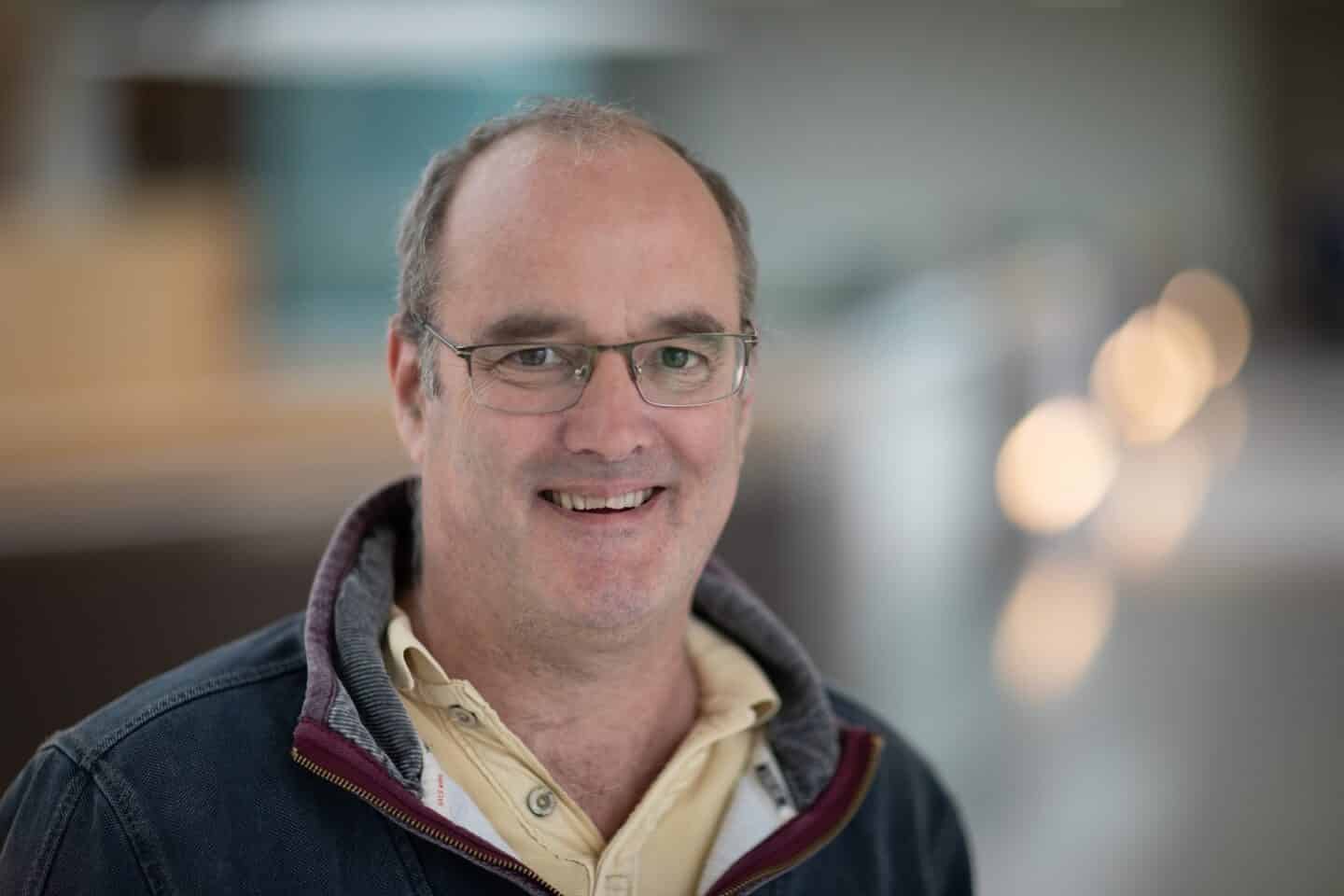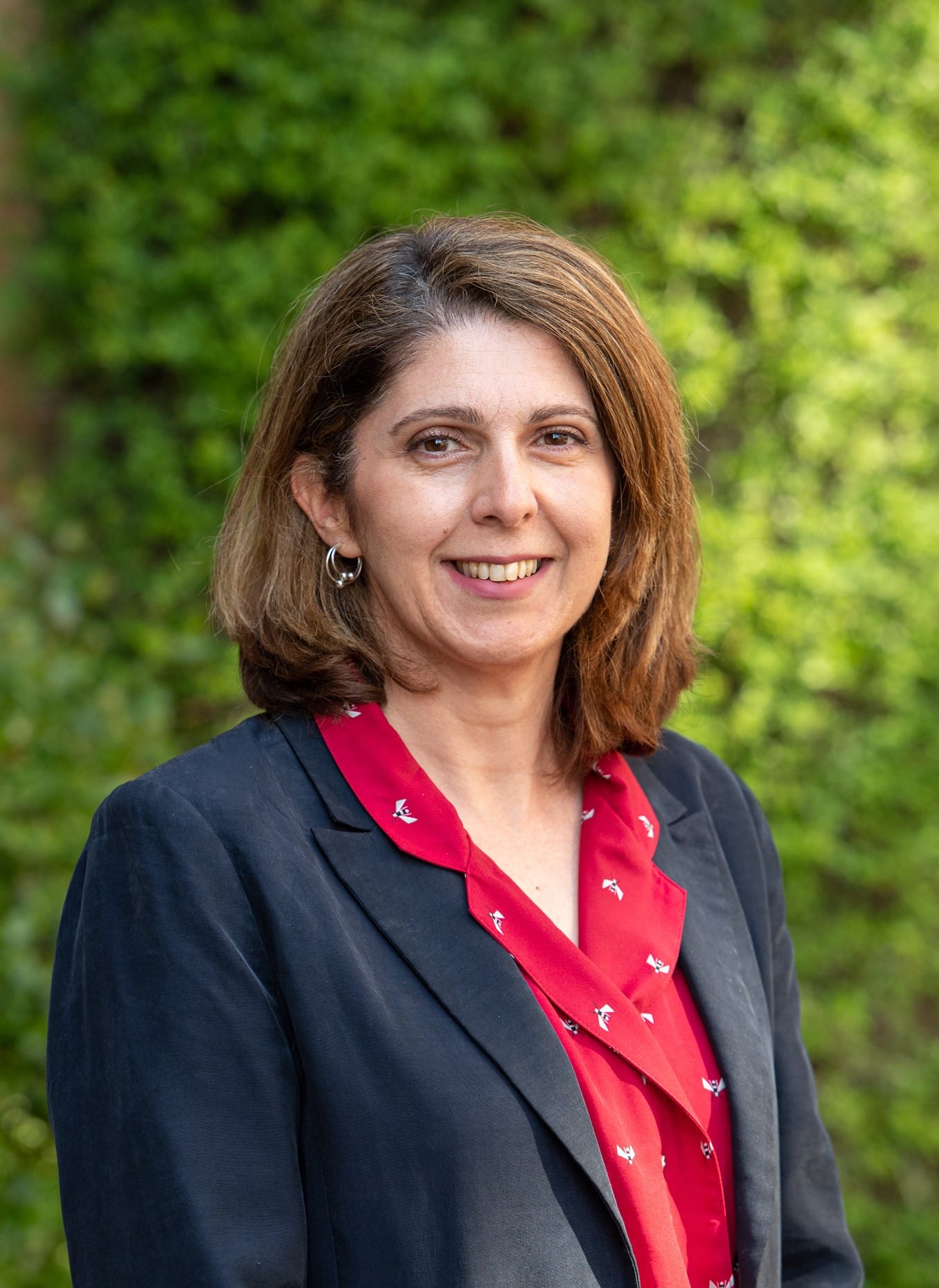
Undergraduate Courses
Biochemistry
Molecular and Cellular Biochemistry at Oxford is a four-year course, resulting in an MBiochem degree. The Oxford Biochemistry department is one of the largest in Europe.
The breadth of the Biochemistry department, which has sub-departments in Cell Development and Genetics, Chromosome and RNA Biology, Infection and Disease Processes, Microbiology and Systems Biology, Structural Biology and Molecular Biophysics, is reflected in the undergraduate course. During years 1-3, work is divided between lectures, workshops, tutorials (1-2 per week) and practical classes that provide a thorough understanding of contemporary molecular and cellular biochemistry. In year 4 students apply these principles by conducting cutting edge research.
Year 1 consists of 5 subject areas: Cellular Biochemistry, Molecular Biochemistry, Mechanistic Biochemistry, Physical Biochemistry and Quantitative Biochemistry. The aim of the 1st year is to ground students in the core principles of biochemistry including the chemistry that underpins biology, how macromolecules function at the mechanistic level, genetics and cell biology and how to apply mathematics to complex biological systems.
These core subject areas are expanded in years 2-3 to cover areas that include how genetic information is stored, maintained and transferred through gene regulation networks; how cells communicate with each other and are organised; how metabolic and chemical processes underpin cell biology; how multicellular organisms develop and function. Throughout the 2nd and 3rd year course these core subject areas are supported by learning how cutting edge technologies can be applied to answer complex biological questions, in addition to training in data analysis and interpretation.
The fourth year allows students to specialise in subjects they find particularly interesting. They perform a 25-week research project, in addition to writing a short review article on a subject area they find exciting. There is a wide choice of research projects available within the University and associated research institute laboratories, usually with world leaders in a particular field.
The course at St Peter's
The college usually accepts 4 biochemistry students per year. Tutorials are generally organised in pairs, either with one of the subject tutors Prof Nicholas Lakin, Dr Sevasti Zervou or Mr Carlos Outeiral Rubiera, or with the college tutors in organic chemistry (Prof Mark Moloney) or in medicine (Dr Huw Dorkins). In the second and third years, tutorials are arranged with specialist tutors, both within and outside the college.
During the long vacation, especially at the end of the second year, students are encouraged to undertake work experience in an academic or industrial research laboratory. Help with obtaining a placement and funding is provided by tutors. Students have obtained funding from such organisations as the Wellcome Trust, Cancer Research UK and the Nuffield Foundation.
St Peter's regards this optional mini-sandwich placement as an important contribution to an all-round scientific education and students may be considered for college grants to assist them in undertaking such a placement.

